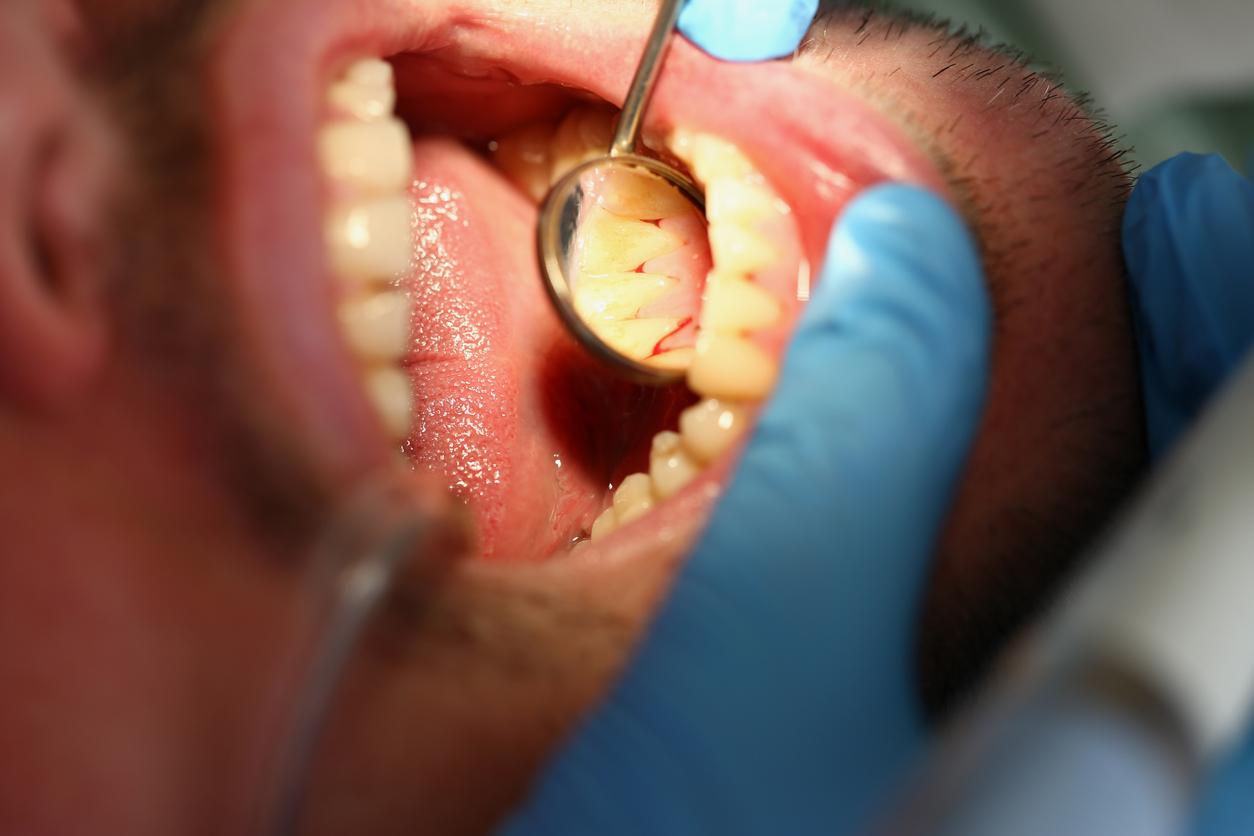The blood test vitamin Cor ascorbic acid, is a biological examination carried out for the purpose of detecting deficiency or deficiency in this vitamin, which could suggest a scurvy diagnosis. “However, although this disease has become very rare today, more than 40,000 assays were carried out in 2016” emphasizes the High Authority for Health (HAS), which therefore conducted a survey of health establishments carrying out the greatest number of assays in order to identify the clinical situations giving rise to its prescription.
“This survey showed frequent use during nutritional assessments carried out before and after bariatric surgeryor for patients with malabsorptive disease, malnourished, on artificial nutrition or on dialysis” emphasizes the HAS in a press release.
A risk of overdiagnosis of deficiency
However, according to the health authority, the usefulness of this assay is greatly limited in the absence of standardization of the conditions of realization which can “lead to a risk of overdiagnosis of deficits or deficiencies but also a variability of the result depending on the laboratory where the examination is carried out”.
This is why she considers that the dosage of vitamin C should be limited to patients for whom a deep and prolonged vitamin deficiency is suspected because of the existence of symptoms suggestive of scurvy (mainly diffuse haemorrhages, bleeding gumsarthralgia, healing disorders).
“In other words, the dosage of vitamin C is of interest only to confirm a diagnosis of scurvy already considered on the basis of the clinical examination of the patient” she concludes.
Read also :
Vitamin C may target cancer cells
Focus on kiwi, a mine of vitamin C
















